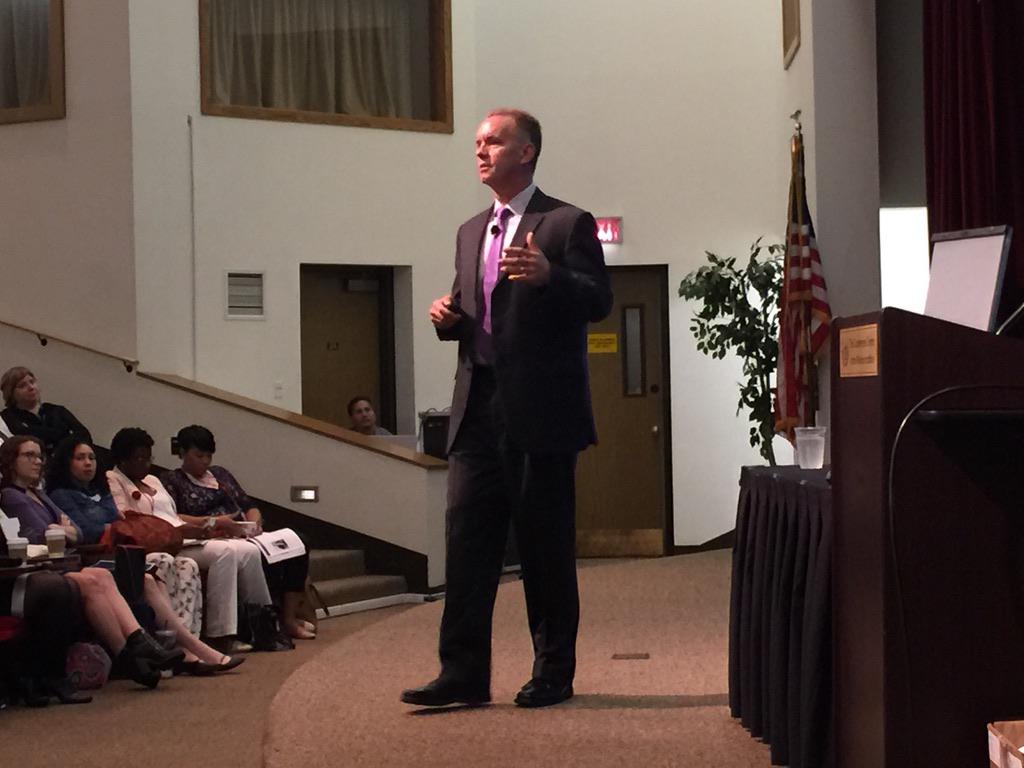
We all want our audience to listen to us—regardless if you are speaking to a group in person or via Zoom. But to be truly effective, we have to be willing to listen to the audience too.
I learned this the hard way—like so many things—several years ago. I was addressing an audience at a Raven's cheerleading tryout. It was a big production with a packed audience. Midway through the program, while interviewing one of the contestants I made a comment about how nervous they sounded.
It didn’t land. A groan poured forth from the audience, a loud groan.
Compounding the mistake, I countered by trying to tell the audience why they shouldn’t groan at me because clearly they didn’t understand my intention.
Just about then I caught sight of my wife in the audience. She is always my most honest audience member. If I’m good, she’ll let me know. If I’m not, you guessed it, she’ll let me know.
She shook her head tersely. I got the message. Enough, Gerry. Don’t pursue that any farther.
The rest of the program went well. Afterwards, my wife and I were talking on the drive home and she brought up the misstep.
“What were you thinking?” She asked.
“Well it was a good line and they didn’t get it, so I thought I would explain…” I countered.
“Just stop. Stop right there. They groaned. They didn’t extend an invitation for an explanation. Did you not hear that groan?”
“Yes, but…”
“You still aren’t listening. Your audience spoke clearly to you. And you didn’t listen. You started to lecture them. That’s not good form.” She concluded.
And she was right. I got it, albeit far too late.
The experience taught me to listen to the audience. If they don’t like something, listen. If they want more of something, listen. If they want you to stop something, listen.
Over the years, I have learned to listen to my audiences, in person and on Zoom. And that has led me to make several adjustments to my programs on the fly. And when an audience recognizes you make adjustments on their behalf—instead of giving lectures—it creates a powerful connection. Interestingly enough, it also increases the audiences desire to hear what you have to say.